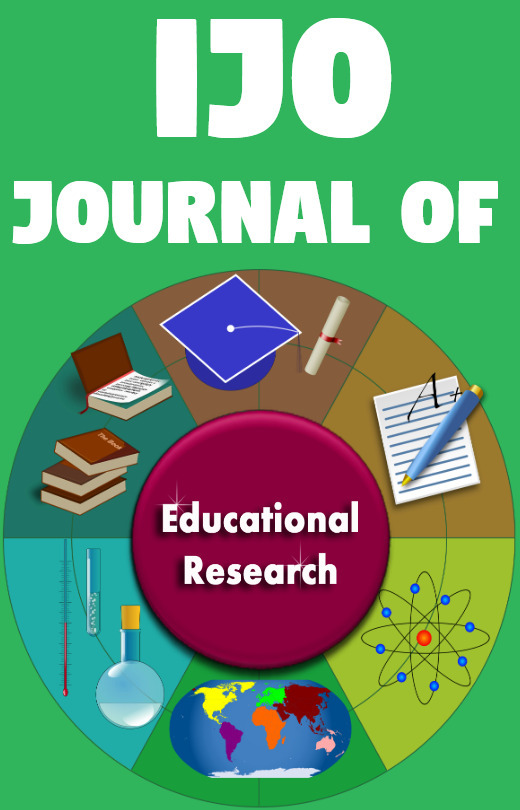TEST ANXIETY AND PREVIOUS EXAMINATION SCORES AS PREDICTORS OF SECONDARY SCHOOL STUDENTS’ TENDENCY TO CHEAT IN CHEMISTRY EXAMINATIONS IN LAGOS STATE
Abstract
This study examined test anxiety and previous examination scores as predictors of secondary school student’s tendency to cheat in chemistry examinations. Three research questions guided the study. Three hypothesis were tested at 0.05 level of significance. The research design adopted in this study was multiple correlational research design. The study was carried out in senior secondary schools in Ojo Local Government Area in Lagos State Nigeria. Two instruments titled Test Anxiety Questionnaire (TAQ) and Students Tendency to Cheat Questionnaire (STCQ) were adapted and used for data collection. The instruments were validated by three experts. The internal consistency of the items in the TAQ and STCQ were determined using Cronbach alpha statistics with coefficients of .80 and .79 respectively. The population of the Study was 4024 senior secondary school two (SS2) students in the thirteen (13) secondary schools in Ojo Local Government Area in Lagos State Nigeria. Proportionate stratified random sampling technique was used and the sample size consisted of 2150 senior secondary two (SS2) Chemistry students. Multiple regression statistical analysis was used to analyze data. The result revealed that test anxiety was a significant predictor of Secondary school students tendency to cheat in examination (β=0.35, p< 0.001).The results also indicated that both test anxiety and previous examination scores significantly predicted Secondary school students' tendency to cheat in chemistry examinations, with test anxiety playing a slightly stronger role. It was recommended among others that educators should receive professional development on identifying and addressing test anxiety and provide additional academic support to students who struggle with their academics.
Author(s) and co-author(s) jointly and severally represent and warrant that the Article is original with the author(s) and does not infringe any copyright or violate any other right of any third parties and that the Article has not been published elsewhere. Author(s) agree to the terms that the IJO Journal will have the full right to remove the published article on any misconduct found in the published article.


